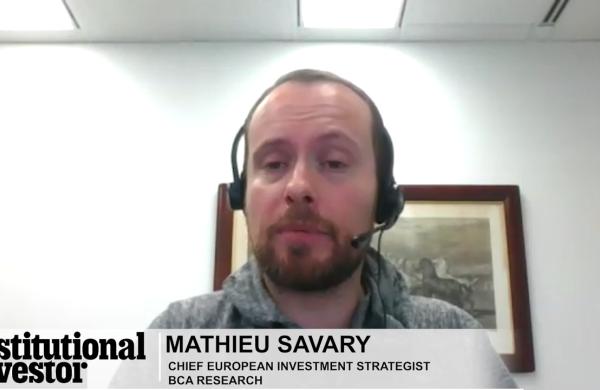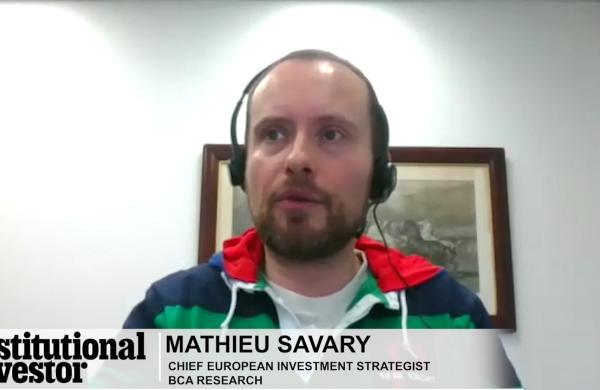Be careful what you lobby for. For years, financial executives trooped down to Washington, D.C. - and shelled out millions of dollars in contributions to appropriate politicos - to argue for repeal of the Glass-Steagall Act, the Depression-era law that separated commercial and investment banking activities.
By Michael Carroll
August 2001
Institutional Investor Magazine
Commercial banks wanted a level playing field that would allow them into lucrative underwriting businesses. Investment banks, watching the barriers erode, argued that they should be allowed to enter the commercial banking business.
Now Glass-Steagall is gone, and Wall Street may be wondering why it ever went along with reform efforts. As Staff Writer Justin Schack explains in this month's cover story, "The New Battle for the Bulge," the longed-for level playing field has turned into the scene of a ground war. The aggressors are the big commercial banks like Citigroup and J.P. Morgan Chase & Co.; armed with big balance sheets, they are gleefully dispensing credit - at cut rates, investment banks complain - to win the higher-margin business that was once the exclusive franchise of Wall Street. It is unclear whether they can dislodge Morgan Stanley, Goldman, Sachs & Co. and Merrill Lynch & Co. from their well-entrenched positions as the leading underwriters and merger advisers, but for now, at least, they are causing plenty of pain.
"This looks like the best chance commercial banks have ever had to break into Wall Street's bulge bracket," says Schack. "They've gotten rid of Glass-Steagall, they've acquired formidable securities firms, and now they're taking advantage of a corporate credit crunch to win over some of the elite firms' clients. But it remains to be seen whether their early success will outlast the current economic cycle."
This month's issue features another tale of unintended consequences: West Virginia for decades prohibited its pension funds from investing in common stocks. Thus they missed most of the greatest bull market in U.S. history. In 1997 voters finally approved stock buying, and the state began to move its money into the market in 1998 - just in time for the collapse of the tech stock bubble. Luckily, as Staff Writer Justin Dini explains in "New Kids on the Block," West Virginia steered toward value-oriented shares and invested its funds slowly. So when the market swooned, the state was still mostly in bonds, which have done very well, and in stocks that have held their ground. As a result, West Virginia, which for years ranked at the bottom of public pension funds in performance, was first among all funds of its size last year.
For West Virginia, anyway, there was a Santa Claus; it got what it wished for. Wall Street may have gotten what it most feared.





